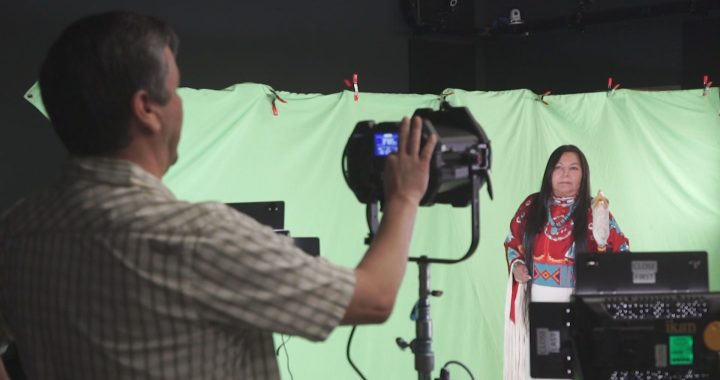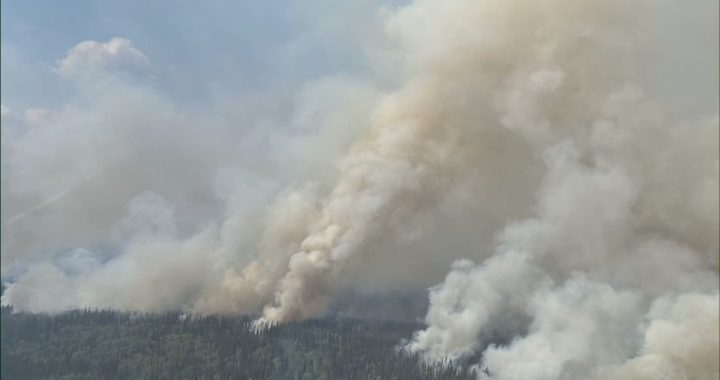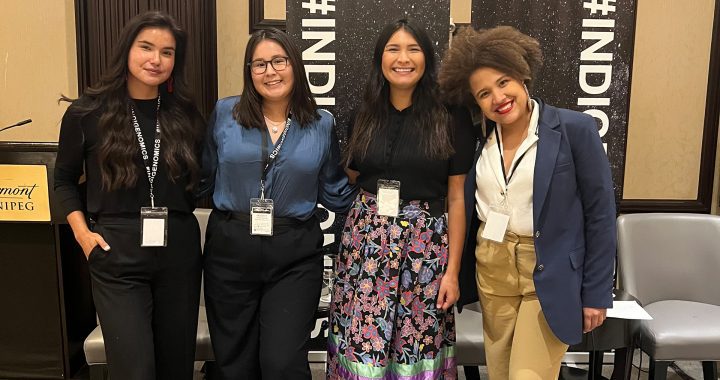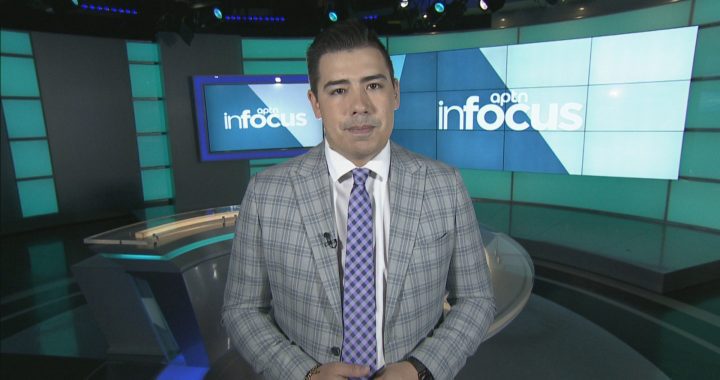Most people are aware of what’s happening in Nova Scotia as Mi’kmaw harvesters exercise their right to fish for a moderate livelihood in the lobster trade.
Boats have been burned and sunk, harvesters have been assaulted and harassed by angry mobs, a lobster catch destroyed, traps stolen and most recently a lobster pound was burned to the ground.
But what’s happening on the east coast – while headline grabbing – isn’t the only attack on harvesting rights.
In B.C., First Nations have been fighting for years to save their salmon, which they say are at risk of decimation due to a number of factors, the biggest of which being salmon farms.
Watch APTN Investigates Salmon Warriors
Biologist and researcher Alexandra Morton calls the open-water fish farms – basically pens in the ocean — “feed lots” that are infected with disease that wild salmon can catch as they pass by them, resulting in illness and death.
“(Disease) has exploded on fish farms and the little wild fish get infected and they’re just not designed to take this,” Morton said.
The Department of Fisheries and Oceans (DFO) recently declared fish farms don’t pose a significant risk to wild salmon.
“I would say the problem with DFO is that the environment is one that is hell bent on supporting of fish farms,” said Bob Chamberlin, who is Kwakwaka’wakw and has extensively fought against salmon farms operating in open waters, instead, calling for them to be in contained units in-land so as to not impact wild salmon.
“Here we are eight years later and we’ve had two successive runs that are ever lower than what triggered the Cohen commission examination and we still have the department perpetuating support for fish farms, creating science that supports that and moves completely away and absolutely abandons the precautionary principle in terms of their primary responsibility to the environments and wild fisheries.”
Meanwhile in Manitoba, Metis and First Nations say new provincial hunting rules stomp on well established moose harvesting rights, disguised as a conservation effort – similar to what’s happening with lobster on the east coast – and also to level the playing field for all hunters including those without constitutionally protected harvesting rights.
“The province wantted to make sure their base of support — the Conservative party – was able to hunt at the same time as Indigenous harvesters which we know is not what the Supreme Court says is to happen—the constitution says the opposite,” said Will Goodon of the Manitoba Metis Federation.
Southern Chiefs Organization Grade Chief Jerry Daniels said moose hunters have been harassed by provincial wildlife officers while exercising their rights, and treated like hunting is a privilege.
“Its just another example of trying to suppress our rights and suppress our ability to live out our cultural way of life,” Daniels said.
Both he and Goodon said harvesting is managed by those with traditional knowledge in each region and that’s who determines where and how many animals can be harvested.
“If the province wants to keep intimidating our people out on the land we’re going to stand with our people and look to the federal government to intervene. We never agreed for provinces to have jurisdiction over us.”











